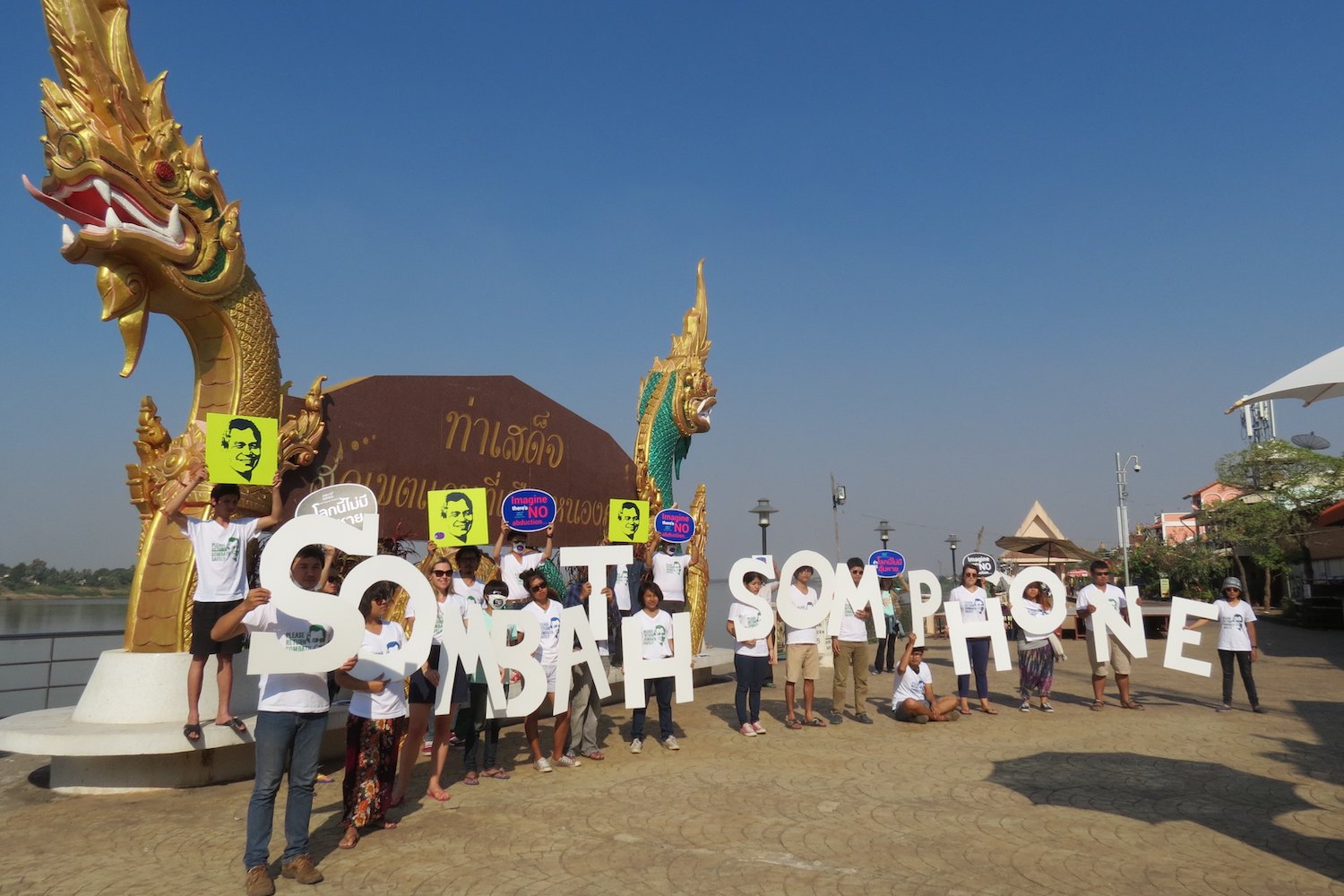FIDH: 08 December 2015
 (Paris, Geneva) The Lao government must immediately and unconditionally release two former pro-democracy student leaders who have been arbitrarily detained for more than 16 years and disclose the fate or whereabouts of two others, the Observatory for the Protection of Human Rights Defenders (a joint FIDH and OMCT program) and the Lao Movement for Human Rights (LMHR) said today.
(Paris, Geneva) The Lao government must immediately and unconditionally release two former pro-democracy student leaders who have been arbitrarily detained for more than 16 years and disclose the fate or whereabouts of two others, the Observatory for the Protection of Human Rights Defenders (a joint FIDH and OMCT program) and the Lao Movement for Human Rights (LMHR) said today.
Mr. Thongpaseuth Keuakoun and Mr. Sengaloun Phengphanh, two former student leaders with the Lao Students Movement for Democracy (LSMD), remain detained in Samkhe prison, located on the eastern outskirts of Vientiane. Thongpaseuth and Sengaloun were arrested in Vientiane on October 26, 1999, along with fellow LSMD members Mr. Bouavanh Chanhmanivong, Mr. Khamphouvieng Sisa-at, and Keochay, for planning peaceful demonstrations that called for democracy, social justice, and respect for human rights. All five were subsequently sentenced to 20 years in prison for “generating social turmoil and endangering national security.” The government, however, denied that it had detained Bouavanh, Khamphouvieng, and Keochay.
Thongpaseuth and Phengphanh are imprisoned in solitary confinement with their legs locked in wooden stocks at all times. Prison authorities allow them to go out of their cells once a week or once every two weeks to wash and empty their accumulated excrements. They are accompanied by police officers and not by prison guards. Witnesses described them as looking like “human skeletons.” Prison authorities do not allow them to receive visitors and have consistently prohibited them from receiving food and medication sent from family members. For many years, the Lao government refused to acknowledge the detention of Thongpaseuth and Phengphanh.
“The lengthy arbitrary detention of the two former student leaders as well as the prolonged torture inflicted upon them are gross and unacceptable human rights violations. The authorities must immediately and unconditionally release them, investigate allegations of torture and ill-treatment, and provide compensation for their wrongful detention.” Karim Lahidji, FIDH PresidentHumhu

